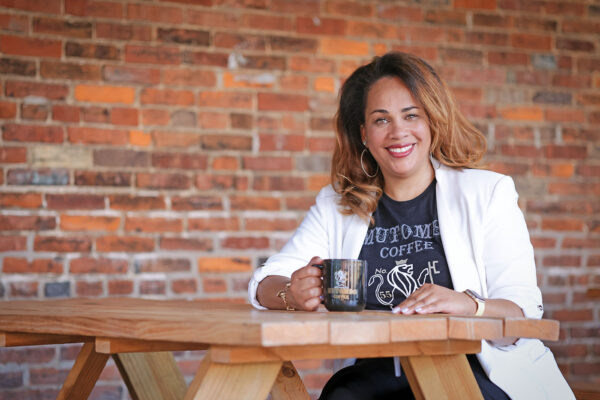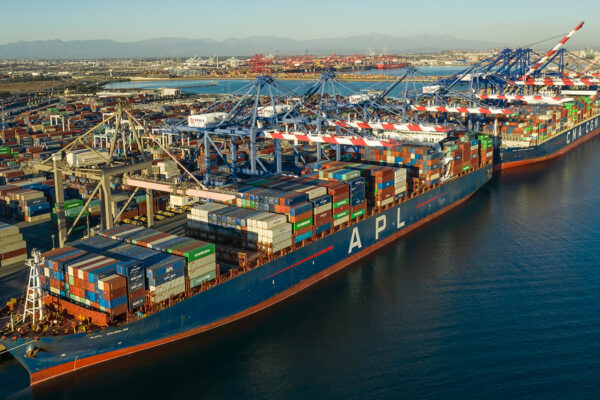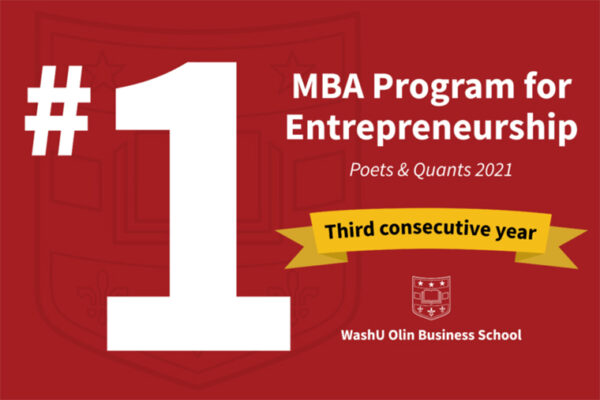The business of cannabis
Peter Vogel is the founder of Leafwire, a growing online network that is connecting folks in the cannabis industry.
An empowering brew
Veronica Swanson teams up with a basketball superstar
to empower female coffee farmers.
Regardless of outcome, MLB has already lost
It is hard to imagine a scenario where the current standoff between baseball owners and players would lead to lost games in 2022, according to Patrick Rishe, a leading sports business expert at Olin Business School.
Olin, Poets & Quants announce business pitch competition
Aspiring entrepreneurs: Your business idea could be worth $50,000 in Olin Business School’s Big IdeaBounce, powered by Poets & Quants.
Are supply chain disruptions here to stay?
Panos Kouvelis, director of The Boeing Center for Supply Chain Innovation, said, optimistically, supply chains could recover by next summer. But if the energy crisis in China doesn’t resolve quickly, “2022 will be driven by that crisis and the constraints that it creates.”
Olin’s MBA entrepreneurship program earns top ranking
Olin Business School took the top spot for the third consecutive year in a ranking of master’s in business administration entrepreneurship programs by business education news outlet Poets & Quants. The online publication unveiled the rankings Oct. 25.
WashU alum Josi Jahic: journey from HR to restaurateur
Josi Jahic (MBA, 2015) never expected to be part of the restaurant business. “When I was in college,” she said, “I would do any kind of work other than restaurant work.” Now Josi finds herself at the center of J’s Pitaria, a Mediterranean restaurant she founded with her husband Zamir. At J’s, speed takes a back […]
The right stuff
Working with the Department of Defense, WashU students gain invaluable organizational expertise.
The art and craft of cider
Alumnus Sam Fitz wants to help us remember and revere our apple culture, starting with apple cider.
Considering others’ perspectives can prevent unfavorable outcomes
Research from Olin Business School indicates that people often make similar decisions based on shared perspectives and reasoning. Consideration of perspectives can help marketers better coordinate efforts with employees and consumers.
Older Stories









